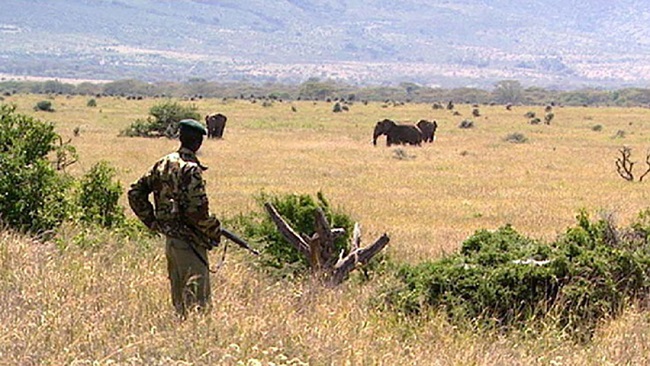The United Nations Office on Drugs and Crime (UNODC) has said that it will this year partner with organisations under the International Consortium on Combating Wildlife Crime (ICCWC) to effectively tackle wildlife and forest crime.

The UN body said on Tuesday, March 3, 2020 on the World Wildlife Day that, following the Nigerian government’s request, it will implement the ICCWC Toolkit and Indicator Framework for Combating Wildlife and Forest Crime.
Both tools, it was gathered, will provide the basis to conduct the first comprehensive assessment of Nigeria’s policy, legal and institutional preparedness to effectively tackle wildlife and forest crime, paving the way for a holistic and evidence-based response by the Nigerian government.
The ICCWC Toolkit and Indicator Framework were introduced to national stakeholders at a CITES stakeholders meeting that held on Monday March 2, 2020 in Abuja.
Mr. Timothy Daniel John, Head of Wildlife and CITES Management Division at the Federal Ministry of Environment, welcomed the upcoming implementation of the ICCWC Toolkit and Indicator Framework for Combating Wildlife and Forest Crimes.
“The increase of trafficking of illicit wildlife and forest products over the last couple of years in Nigeria is particularly worrying and it is time for national and international partners to take the necessary measures for an efficient response. The implementation of the ICCWC Toolkit and Indicator Framework will identify the strengths and weaknesses of Nigeria’s current response to wildlife and forest crime, thus contributing to the development of an adequate action plan for the various stakeholders to tackle this serious crime,” he said.
Last year, on World Wildlife Day 2019, UNODC raised concerns about the trend of increased trafficking of pangolin scales through Nigerian ports. A recent UNODC wildlife crime threat assessment in West and Central Africa confirmed this trend with seizures of pangolin scales originating from or being trafficked through Nigeria escalating from approximately two tons in 2015, to close to eight tons in 2016 and 2017 respectively, and almost 24 tons in the first seven months of 2018.
The assessment shows that, between 2014 and 2018, half of the 40 largest seizures of pangolin scales could be traced back to Nigeria.
“Considering the trends of the phenomenon, it is crucial for Nigeria to strengthen its criminal justice response to tackle the illicit trafficking in wildlife and forest products. Until recently, wildlife crime has not been viewed as priority area of intervention in Nigeria, both by national counterparts and international partners,” said the UNODC.
A 2016 World Bank report found that, in sub-Saharan Africa, Nigeria was the third lowest recipient of international investments to fight against illegal wildlife trade, with only $0.3 million invested between 2010 and 2016.
“However, with the alarming trends of pangolins trafficking related to Nigeria, things are changing,” stated the UNODC.
